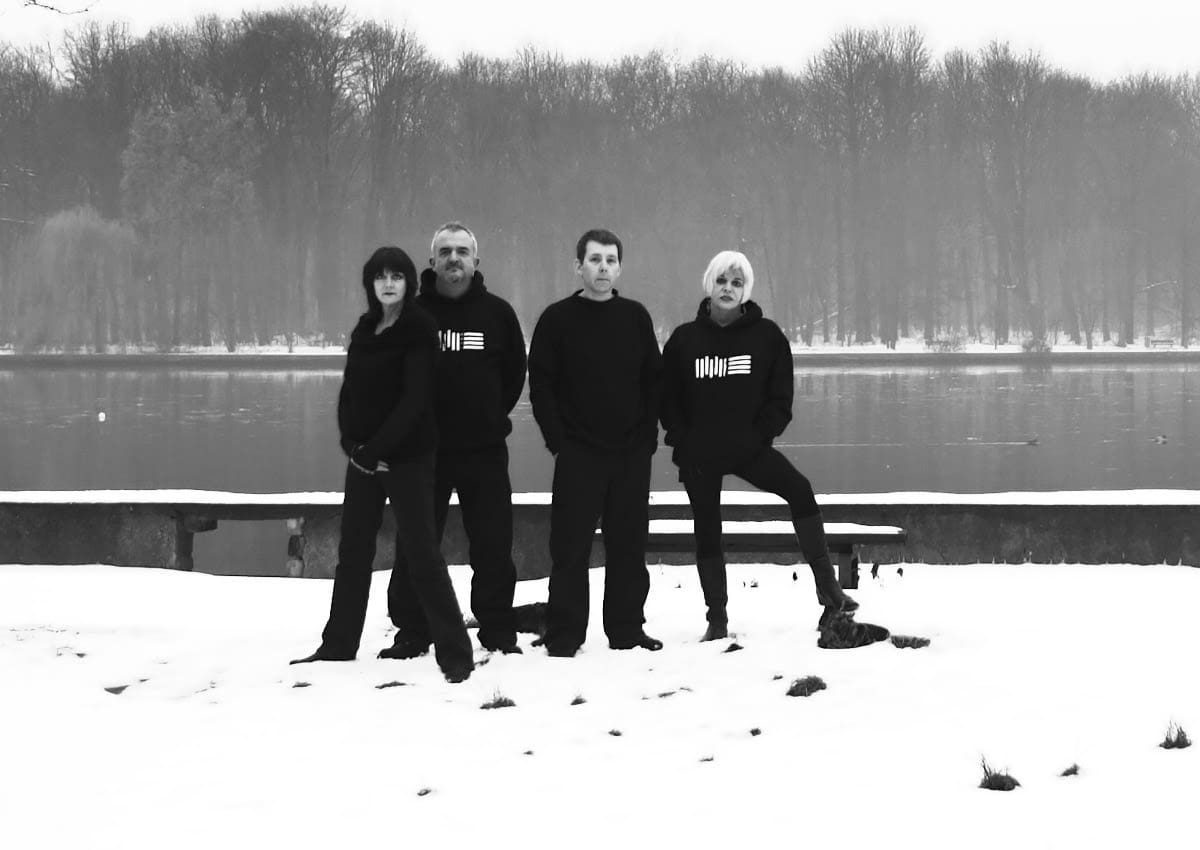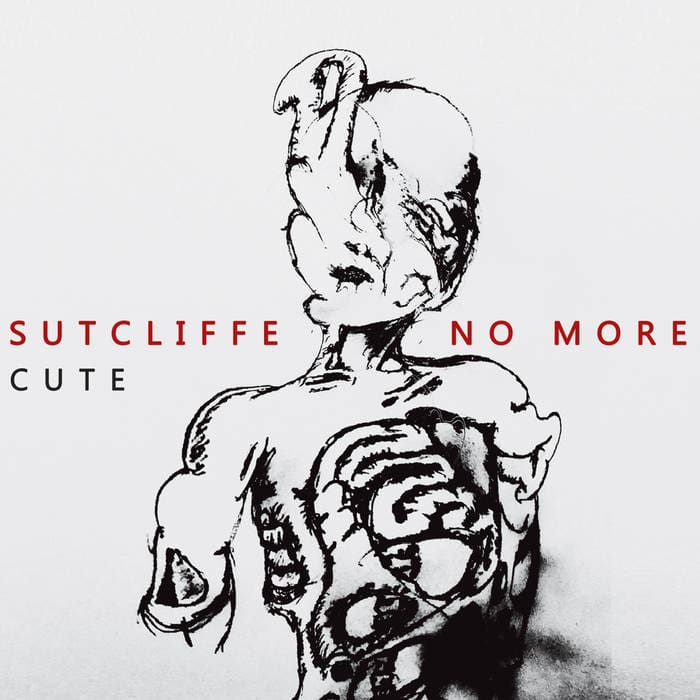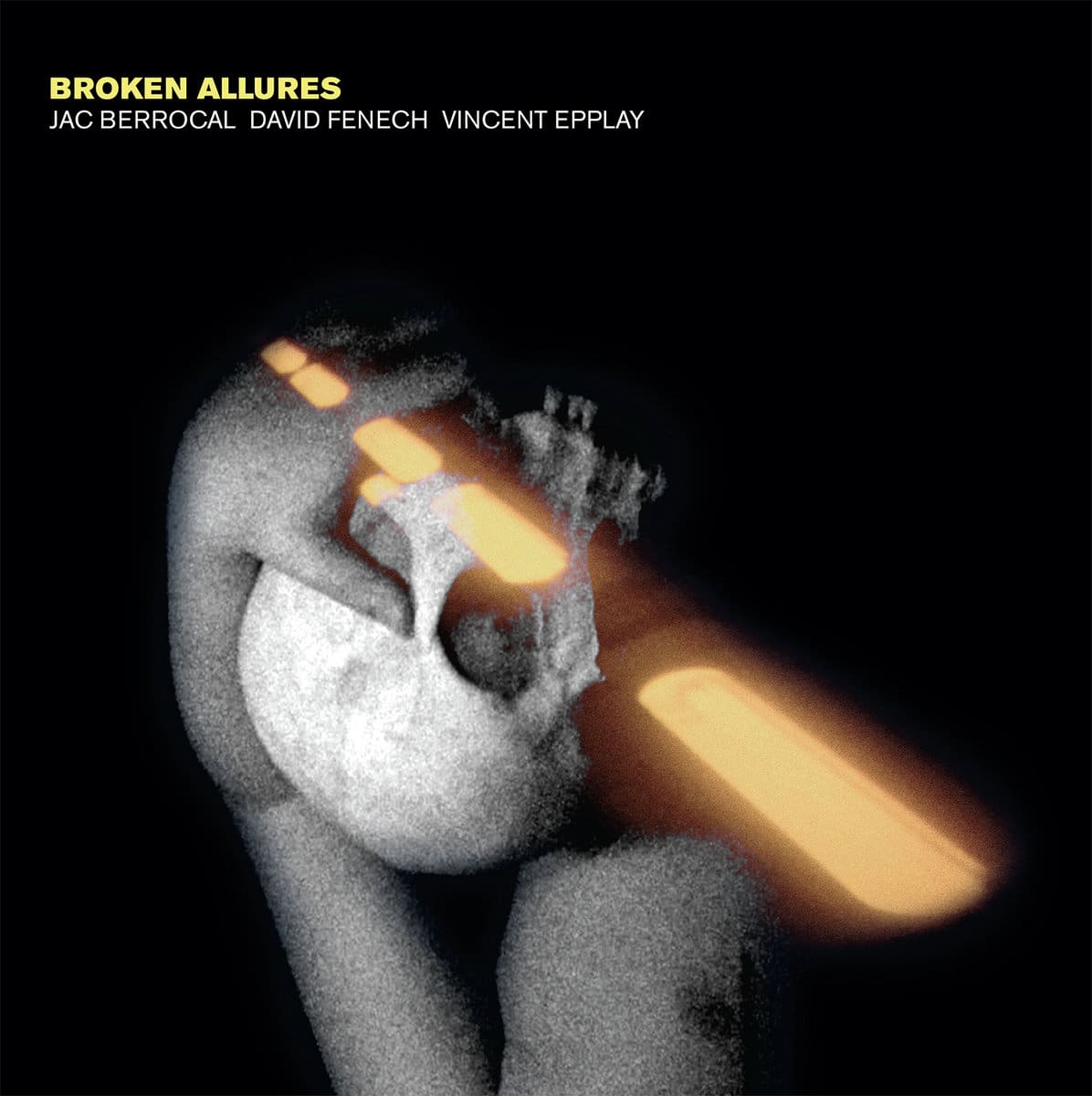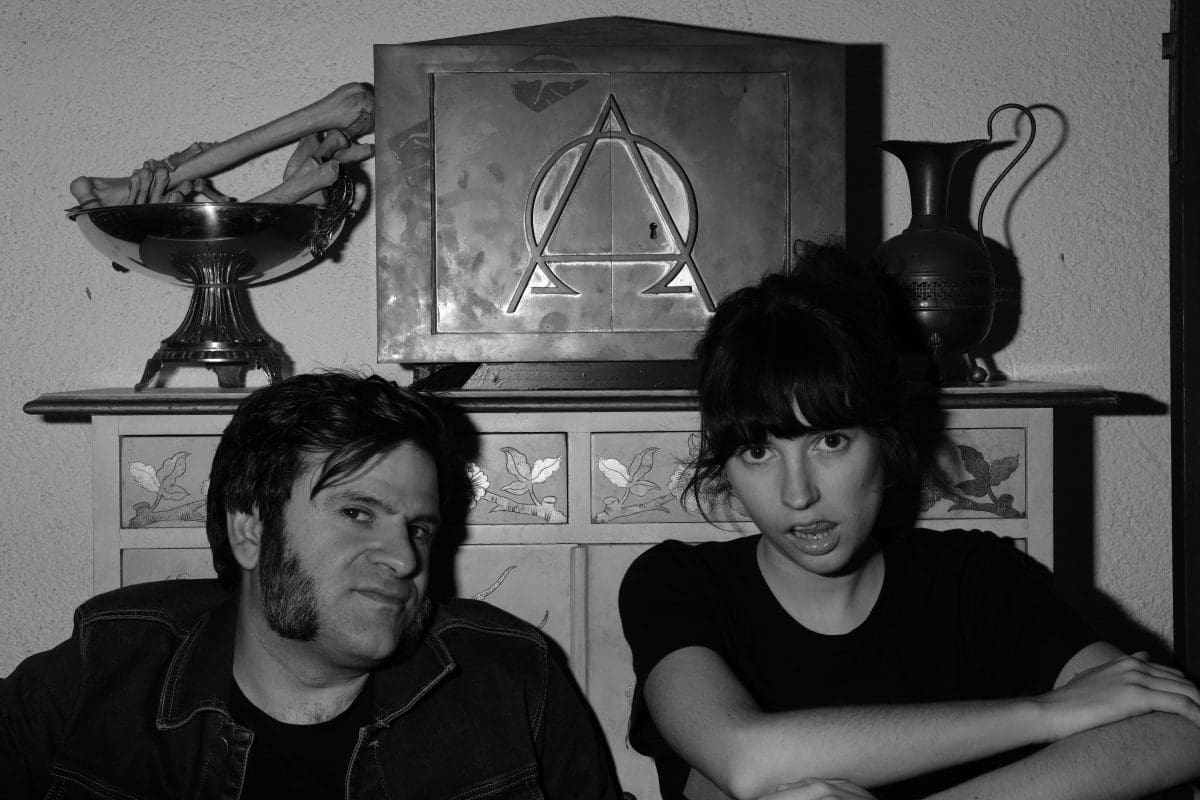‘Click Interview’ with 156: ‘Early Pioneering Acts And The Like, Challenged A Lot Of Music Lovers To Re-Imagine What Music Could Be’
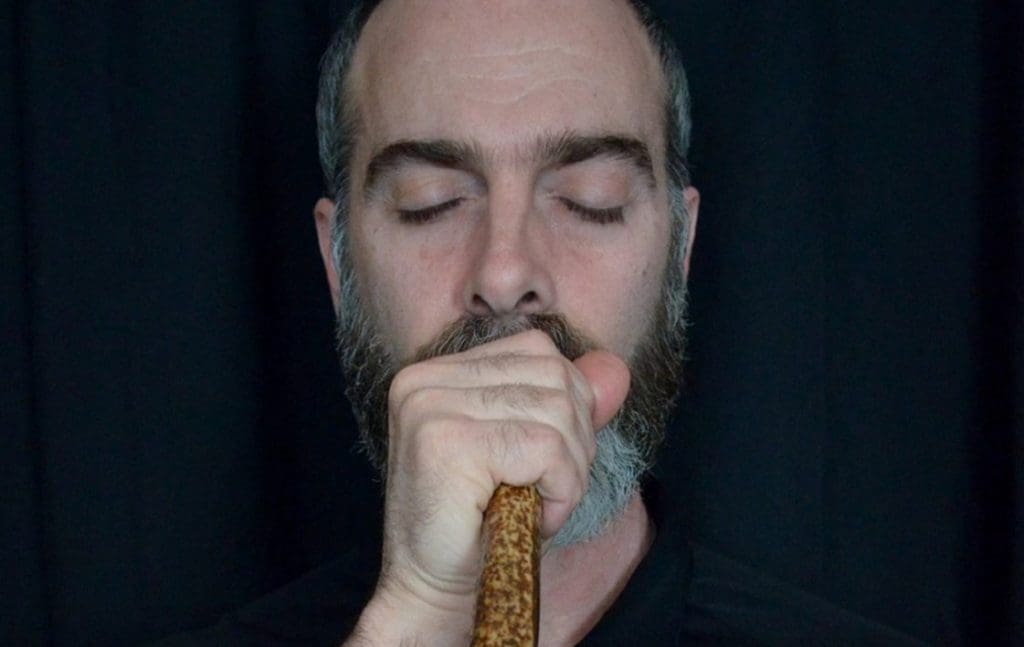

Adel Souto is a Cuban born artist living in the USA. He has been involved with multiple artistic projects, music being just one of the list. His project 156 refers to the Crowley word-view, 156 being ‘the number of Babalon, the ‘fiery bitch goddess’, which rocket scientist Jack Parsons used to worship’. She represented a lot of what Adel likes in a female, and decided to make his musical vehicle feminine, in response to the many patriarchal aspects of the music scene. He last year released the album “An Accidental Exorcism” on No Part Of It, which is a poignant production mixing elements of Industrial-, Dark-Ambient and Experimental music. The work is meant as homage to minimalist horror movie soundtracks, but it also reveals an exciting retro-Industrial sound.
(Courtesy by Inferno Sound Diaries)
Q: You’ve been involved with multiple artistic projects all over the years; music, photography, videos, writing… Tell us a bit more about this involvement and passion? What do you consider as you most accomplished works so far?
Adel: I don’t really want to use the old cliché about art and music speaking through someone, though it does seem fitting. Basically, like everyone else, my ego tends to transmit itself through my mouth, but other facets of my personality like to express themselves through music, art, and such. I have a passion to create, and what I do are the manifestations of that drive. I’m not even sure why, but I’m glad I follow those spirits, as I think it helps keep me sane.
Q: Over now to 156, which is presented as a ‘collective musical project’ and inspired by some Industrial pioneers. Can you give us more details about the concept and the other artists you’re working with? What makes this project different from your other musical projects?
Adel: My older musical projects were based in Punk and Hardcore music, and were collaborative efforts with other band members, so 156 is my own vehicle that reveals more of my musical tastes outside of those spheres. In all honesty, I use the term ‘collective’ only because it’s a revolving door of musicians (and non-musicians) that contribute.
Q: Among the Industrial pioneers, you’re referring to bands such as EINSTÜRZENDE NEUBAUTEN, TEST DEPARTMENT, Z’EV.. Those artists definitely belong to another time, where Industrial music was totally different than today. What does the ‘early’ Industrial years and artists mean to you and how do you transpose their impact in your own composition?
Adel: The reason those artists are my biggest influences are because of their use of standard, as well as untraditional, instruments, and their output –though listed under the banner of ‘Industrial’ -actually flows through several genres. From harsh Noise, to Ambient, even to traditional Ethnic music of differing countries, etc.
The same goes for 156. One track may have flutes and guitars, manipulated to an extent where they lose all sense of their expected sound, to another track where I use homemade instruments, made up of whatever components may be on hand. One release may have a quiet, Eastern feel of a Tibetan ritual, while another is an unrelenting assault of psychological terrorism.
Early pioneering acts like THROBBING GRISTLE, EINSTÜRZENDE NEUBAUTEN, Z’EV, and the like (who are themselves influenced by many Experimental artists of the 50s and 60s), challenged a lot of music lovers to re-imagine what music could be.
Q: The album “An Accidental Exorcism” is an intriguing and somewhat ritual-like title for a work where you got driven by your ‘love of minimalist horror movie soundtracks’. What is this minimalism all about and how did you try to transpose this ‘love’, but also the atmosphere into music?
Adel: There are a lot of newer horror films, such as “The VVitch”, “The Lighthouse”, or “Silent Hill”, who have stepped away from large orchestrations in their use of Soundtracks, and I wanted to tap into that. Much of what’s on “An Accidental Exorcism” used no more than four tracks per title. A number of times, I found I could get a desperately haunting feel using less sounds. I didn’t want it to be too busy, and thought to try to get what I wanted using less of what many feel might be needed.
Q: Can you tell us how the writing and recording of the album happened? What have been the different stages you’d to go through to achieve this work?
Adel: Much of 156 is actually improvised, at least when it comes to the percussive tracks. I get friends together, and ask them to beat on metal, concrete or glass, following my lead. Sometimes it works, and sometimes it falls apart, and I make it work anyhow. Other tracks are just me layering sounds, and elements I’ve gathered, and building on that in the moment. Very little of 156 of thought out much in advance. I’m afraid that shows at times, but it often works out in my favor.
Q: Artists from all over the world have been deeply affected by the Covid-19 pandemic. What has been the impact on your own activities and what are your further plans?
Adel: I hate to say this, because I don’t want to seem insensitive, but I’ve been lucky enough that it hasn’t affected me much –at least not artistically. In 2020, 156 released three music titles, and a video compilation DVDr. Same goes with my art, as I’ve released a book of photography, two photo fanzines, and a postcard set –all within the last 12 months.
Yet, on a personal note, it has had an effect, because without shows, I haven’t been able to see friends in such a long time, as I currently live a ways away from the city, so I don’t even go out much to meet up one-on-one. The only plans for the future are to play out more, as I’ve had a number of instruments built (such as an Apprehension Engine), and look forward to using them to terrorize people from the stage again. Otherwise, it’ll be my usual: create, create, create.
Since you’re here …
… we have a small favour to ask. More people are reading Side-Line Magazine than ever but advertising revenues across the media are falling fast. Unlike many news organisations, we haven’t put up a paywall – we want to keep our journalism as open as we can - and we refuse to add annoying advertising. So you can see why we need to ask for your help.
Side-Line’s independent journalism takes a lot of time, money and hard work to produce. But we do it because we want to push the artists we like and who are equally fighting to survive.
If everyone who reads our reporting, who likes it, helps fund it, our future would be much more secure. For as little as 5 US$, you can support Side-Line Magazine – and it only takes a minute. Thank you.
The donations are safely powered by Paypal.

